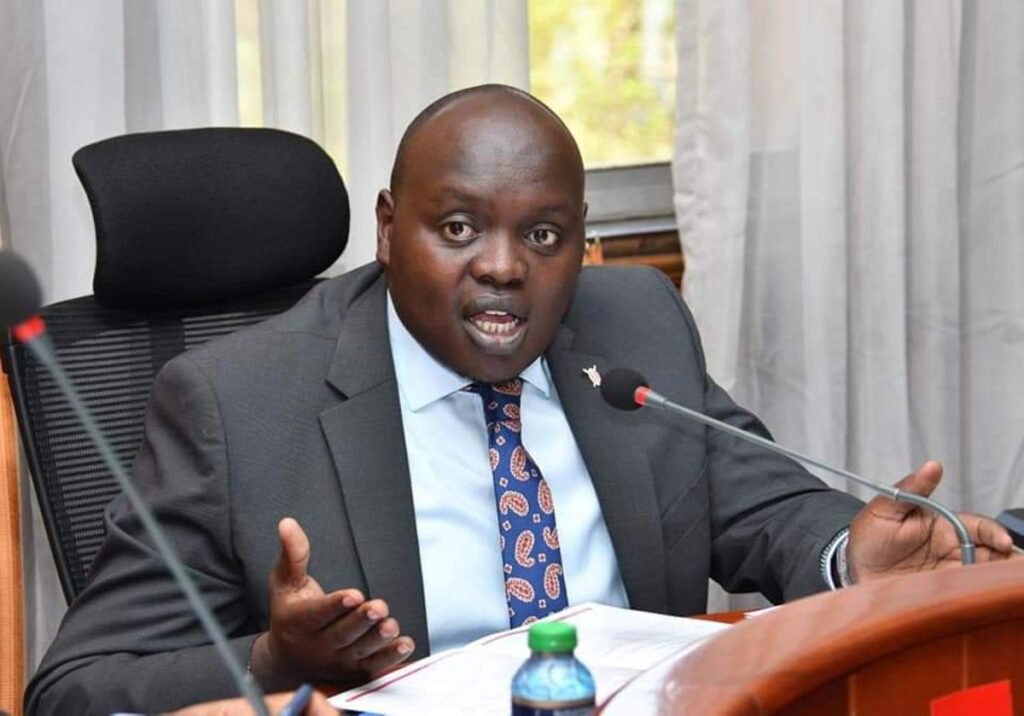The plans by Nandi senator Samson Cherargei to extend term limits of the president and other elected leaders has suffered a major setback after a Senate committee rejected the proposal and called for its dismissal.
The Senate Justice, Legal Affairs and Human Rights Committee recommended the rejection of the controversial Bill which seeks to extend the terms of elected officials from five to seven years.
Committee chairman Hillary Wakili Sigei said that the voice of Kenyans had been overwhelming in rejecting the proposal and that the committee had no option but to call for the dismissal of the Bill.
“The voice of the Kenyan people has been unequivocal. Out of 168,801 submissions received, only eleven stakeholders provided specific comments on the Bill’s clauses, while the rest overwhelmingly rejected the proposed amendments,” said Sigei.
The Constitution of Kenya (Amendment) Bill, 2024, sponsored by Cherargey, had in the past couple of weeks faced public opposition during the consultation phase, with 99.99 percent of submissions expressing strong disapproval.
The Bill, which proposed extending the terms of the President, MPs, governors and MCAs, also sought to introduce the position of prime minister and modify the Senate’s functions within the bicameral system.
“During our public hearing at the KICC Amphitheater on October 25, we witnessed an unprecedented show of unity among Kenyans. Save for one stakeholder, every single presenter urged the committee to reject this Bill in its entirety,” said Sigei.
Sigei added that the committee’s decision was influenced not only by public opposition but also by procedural considerations.
“We find ourselves in a position where even if some amendments proposed in the bill had merit, parliamentary practice and court decisions prevent us from severing the condemned provisions,” Sigei said.
“The Constitution demands that such amendments garner support from both the public and parliamentarians before passage,” he added.
Looking ahead, the committee has proposed significant procedural reforms.
“We recommend that the Senate adopt stronger vetting mechanisms for constitutional amendment bills.
“Specifically, we’re calling for a requirement of at least fifteen senators’ signatures in support of any such proposal before it can be published as a bill,” Sigei said.
The fate of the Bill now rests in the hands of its sponsor, Cherargei, who retains the right to move it to Second Reading despite the committee’s rejection.
For the Bill to advance, Cherargei must first secure a seconder for the motion, and then marshal sufficient support from his fellow senators.
Without adequate backing from the Senate, the Bill will not proceed to Second Reading and will effectively collapse at this stage.



